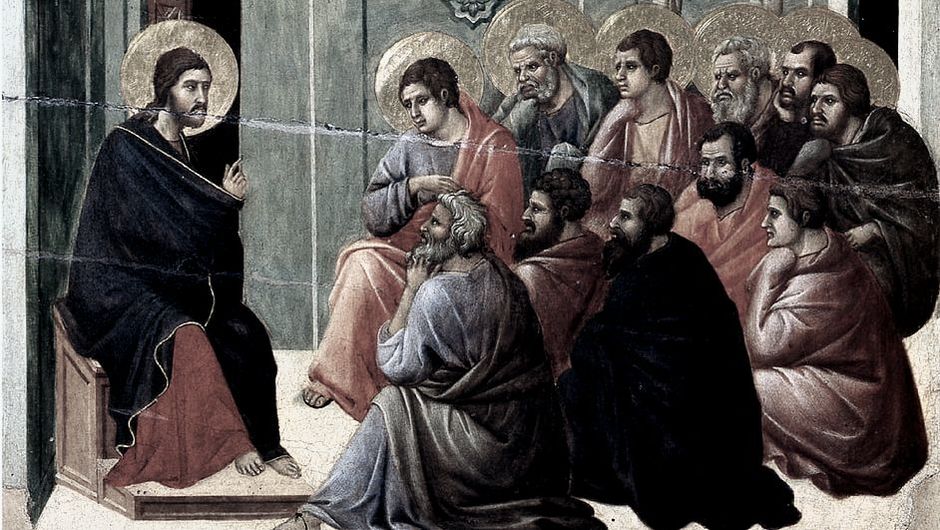Fr. Nathaniel Dreyer, IVE
Memorial of St. Vincent de Paul
Memorial of St. Vincent de Paul
In today’s Gospel, Jesus gives His apostles authority and sends them out. There are two things that call our attention: first, Luke tells us that Christ “sent them to proclaim the Kingdom of God and to heal the sick.” There’s two things: preaching, and healing. Indeed, they do just that, as Luke ends the passage by saying: “Then they set out and went from village to village proclaiming the good news and curing diseases everywhere.” Secondly, we notice that Christ is adamant that the apostles take nothing with them for the journey.
Regarding the first, it’s interesting that the sign that Christ chooses to announce the coming of the kingdom is the healing of diseases. We usually think of suffering as something that we just have to put up with, but, when we work to alleviate the suffering of others, when we’re really compassionate, we are participating in Christ’s redemption. Christ came, not only
to bring grace and spiritual salvation, but also to heal the consequences of original sin, which include sickness and suffering. He wanted healings to accompany the proclamation of the Good News, and it remains a part of the “total redemption of man.” [1] We have a good example of this in today’s saint, Saint Vincent de Paul, who spent his life in the service of the poor and needy.Secondly, the word Christ uses for nothing for the journey is a strong one; it literally means no thing, nothing at all. We see a three-fold injunction. First, we’re reminded that Christ tells us to bring nothing so as to trust completely in His providence. He knows what we need, and He will provide it. He wants us to trust in Him, and thus deliberately sends us without anything at all. Second, many fathers of the Church say that it is an injunction to humility. The one who has nothing relies on others, and is aware of his own weaknesses and needs. Both humility and trust in providence are requirements to be effective preachers of the Gospel. Third, to not have all those things means that a person is free, unrestrained. They can make haste and preach the Gospel quickly, because they don’t have things to carry. Likewise, when we’re not bound to material and spiritual things, we quickly advance along the paths of holiness and offer a convincing witness to our faith.
Today, we ask, through the intercession of Mary, Star of Evangelization, and Saint Vincent de Paul, for the graces of humility and providence, so as to bear more effective witness to the Gospel.
[1] For more on this point, see Blessed Carlo Gnocchi’s The Pedagogy of Innocent Suffering.






